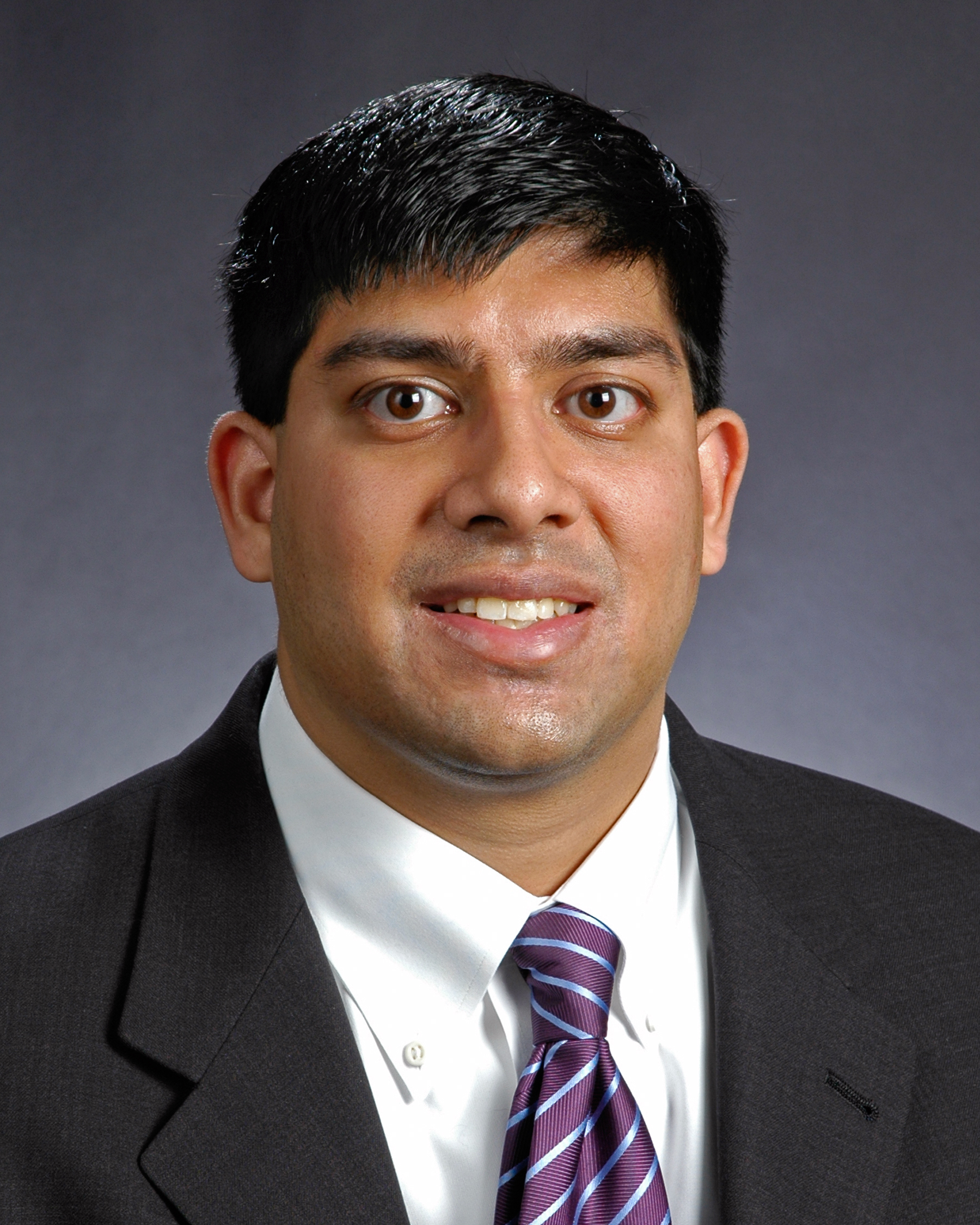
Ravi S. Krishnan, MD, FACMS
Present Affiliation
- Mohs Surgeon, Virginia Mason Medical Center, Seattle, WA
- Clinical Assistant Professor, Division of Dermatology, University of Washington School of Medicine, Seattle, WA
Medical School
- Baylor College of Medicine, 2001
Residency and Fellowship Training
- Yale University School of Medicine, Internal Medicine Internship, 2001-2002
- Residency: Baylor College of Medicine, Dermatology Residency, 2002-2005
- Fellowship: Dayton Skin Surgery Center, Mohs Surgery Fellowship, 2005-2006
Professional Activities
- Director of Dermatologic Surgery, Indiana University School of Medicine, Department of Dermatology, 2006-2009
American College of Mohs Surgery activities:
- Private Sector Advocacy Committee, 2017-2022
- Membership Committee, 2022-2024
- National Registry and Outcomes Committee, 2017-2019
- NRO, Registry Utilization Subcommittee Chair, 2019-2021
- NRO, Advisor, 2021-2022
- CME and Education Committee, 2016-2018
- Tromovitch Award Committee, 2011-2013; 2022-2024
Other national, state and local dermatology society activities:
- American Academy of Dermatology, Appropriate Use Criteria Committee, 2017-2020
- American Academy of Dermatology, Coding and Reimbursement Committee, 2018-2021
- American Academy of Dermatology, Evaluation and Management Workgroup, 2020-2021
- American Academy of Dermatology, Patient Access and Payer Relations Committee, 2021-2024
- American Society for Dermatologic Surgery, Annual Meeting Abstract Reviewer, 2021-2024
- Case Reports in Dermatologic Medicine, Editorial Board, 2011-present
Medical Society, Government and/or Professional Appointments, Awards and Honors:
- William Baker Meritorious Service Award for Resident Teaching, UW Division of Dermatology, 2017-19
- Teacher of the Year, Indiana University Department of Dermatology, June 2008
- Teacher of the Year, Wright State University, Department of Dermatology, June 2006
Publications:
- Author of 33 publications
Position Statement:
One of the greatest strengths of the ACMS is that we have an abundance of extremely intelligent, highly competent individuals who care about the college deeply. Naturally, this includes everyone on the ballot, and I am honored to be considered among them. While we are all capable, we possess different experiences and perspectives. I would like to share some of mine.
For the first few years of my career, I was a full-time academic Mohs surgeon, and for the last fourteen, I have been outside of academia. I have lived through the challenges of academia, and I now am faced with many of the stark, practical realities of a non-academic practice. I have worked in both worlds, and these experiences will help me best represent all of our interests.
My highest priority is to address the continual decline in reimbursements. We have been fortunate to have some outstanding leaders in the ACMS who have staunchly resisted these reductions, and I hope to continue their work. High-quality Mohs surgery is a service that requires considerable resources to deliver, and current inflationary pressures make it even more expensive. However, when those resources are deployed appropriately, we provide unparalleled outcomes at a lower cost.
Every time we treat a patient with a BCC on the nose, there is another patient somewhere with a similar tumor in an operating room with a primary surgeon, assistant surgeon, anesthesiologist, and pathologist. All of these individuals bill separately for their services on top of the massive fees for the operating room itself. Ultimately, this patient will likely have a worse outcome at many multiples of the cost. This scenario occurs numerous times a day across the country; nevertheless, Mohs surgeons are villainized. It is bad for our patients, it is bad for our health care system, and most importantly, it is just plain wrong.
In the last several years, I have worked on various ACMS and AAD committees to resist these cuts and demonstrate the value Mohs surgeons provide. I will continue to do so, as there is no issue I am more passionate about. If Mohs surgery becomes financially impractical to perform, then nothing else matters. We must preserve the practice of Mohs surgery not only for ourselves, but also for our patients and the next generation of Mohs surgeons.
Furthermore, I believe it is critically important to strengthen our brand. Too many patients and non-dermatologists simply do not know what we do. In addition, the recent advent of board certification, which will probably benefit the specialty in the distant future, presents a further challenge in distinguishing ourselves today. We must ensure that our patients and colleagues understand that fellowship training means far more than board certification alone. To achieve these goals, we need to better publicize ourselves as the experts in skin cancer and reconstruction, primarily by modernizing our online presence. We must also continue to provide the highest quality educational opportunities (in person and virtually) so that we can continue to develop our skills.


